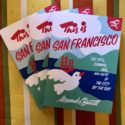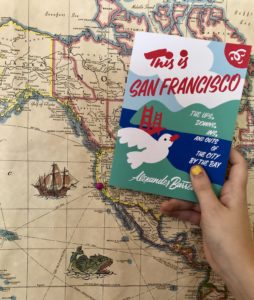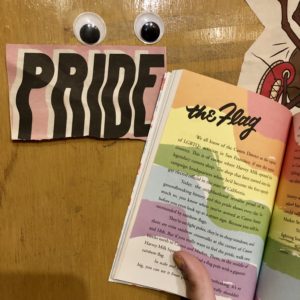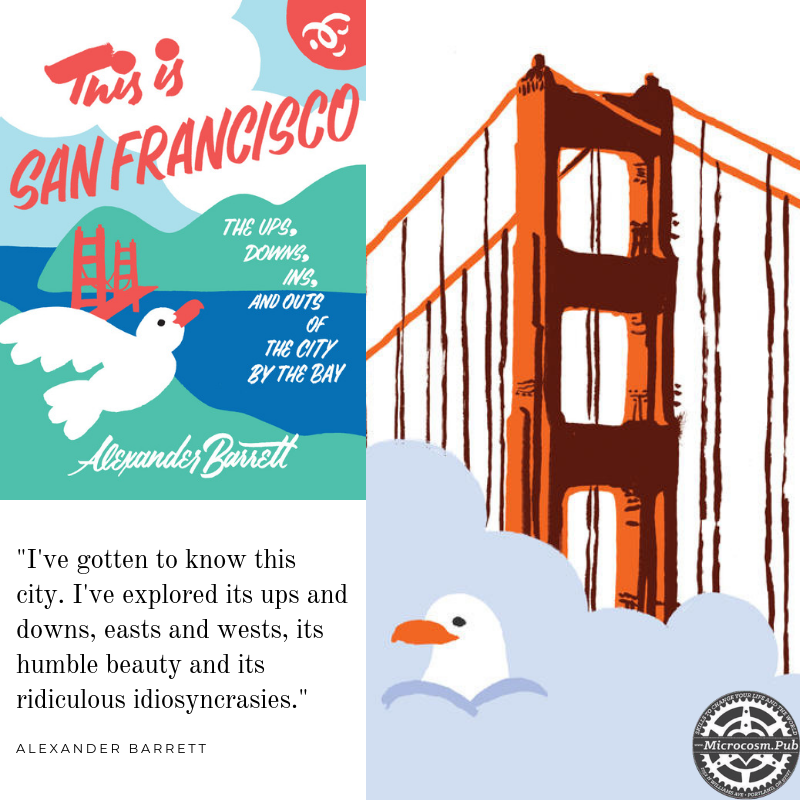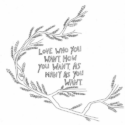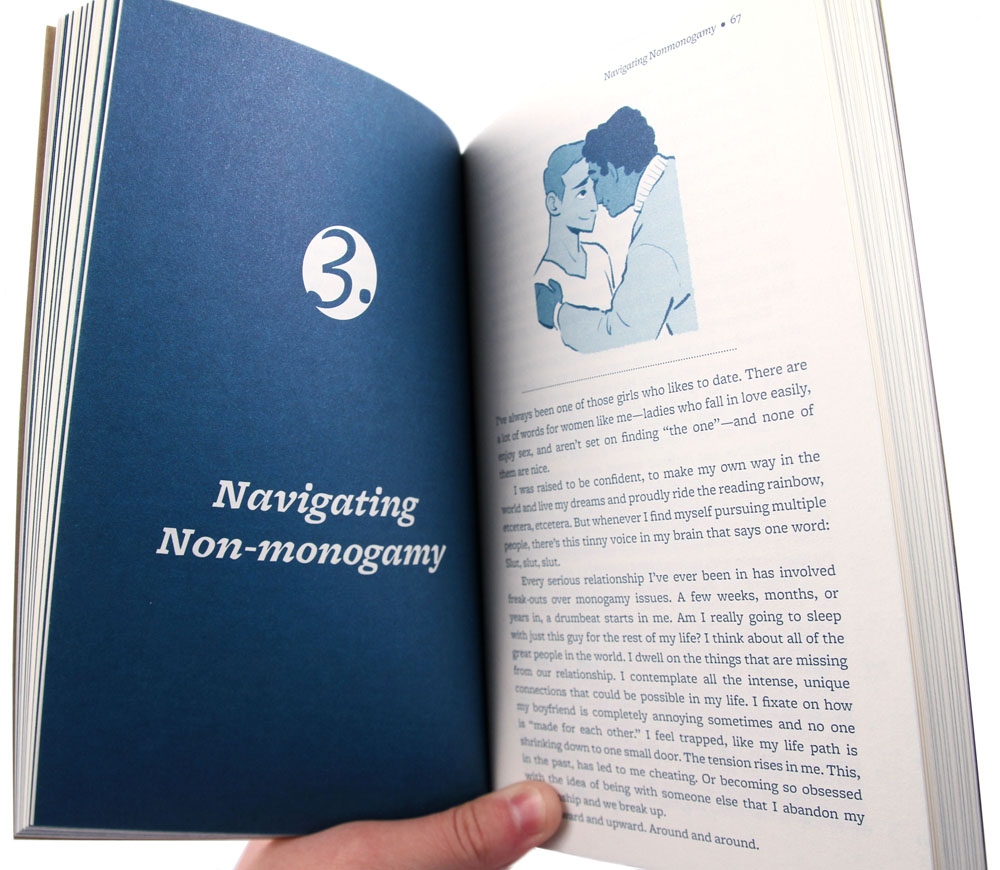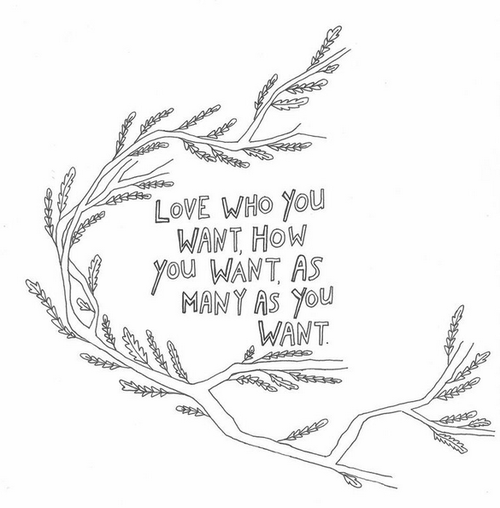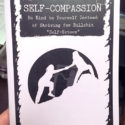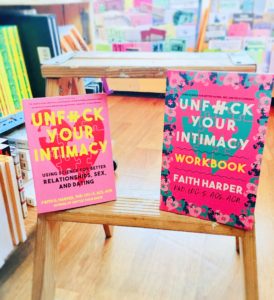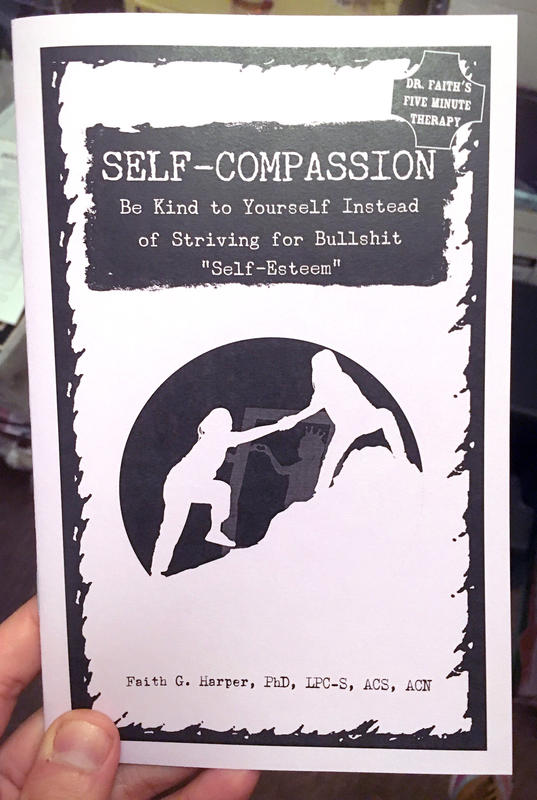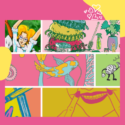
Cover Reveal: Find Radical Joy with Microcosm’s Spring Books
The world is pretty toxic right now, but we know we can all do better.
To help in the journey, this season’s books cover detoxing your home, making your own self-care magic, and dealing with trauma at all ages; Ditching body-shame for colorful art, and the “cult of positivity” for radical joy; Workbooks to deal with boundaries and finances, and an “unplanner” to keep track of your life while managing your mental health.
A bit about the season’s designs, from publisher Joe Biel:
Our average cover sees about 50 revisions between conception and the time that the book goes to print—often even changing after the first printing—so we try very hard to nail it on the first impression.
In most of these cases the concepts were immediate and straightforward but several had the initial drafts completely scrapped in favor of a clearer idea. It’s easy to get stuck in the myopic tunnel of tweaking something endlessly when you need to start over.
The number one consideration of cover design is the book’s value proposition. But what if that book’s emotional payoff is a bit silly? You have to embrace that in some way or you risk misleading the reader.
Bright, bold, and brave, our Spring 2020 books are all about making your own joy through planning, understanding, and practical change, and we think the covers reflect that.
We went a little more playful even than usual this season, comments Joe. Each cover makes me smile a bit more than usual.
Unfuck Your Boundaries Workbook: Build Better Relationships through Consent, Communication, and Expressing Your Needs
by Faith G. Harper, PhD, LPC-S, ACS, ACN
Are people constantly intruding on your personal space, using your stuff, disrespecting you, or otherwise violating your boundaries? You can’t control what they do, but you can control how you understand and communicate your own needs, and make choices about how you behave and respond to the people around you. Dive deep into self-work with this interactive guide that can be used alone or as a companion to Dr. Faith’s book Unfuck Your Boundaries.
ISBN: 9781621061762
Release Date: March 10th 2020
The Courage Party: Helping Our Resilient Children Understand and Survive Sexual Assault
by Joyce Brabner and Gerta Oparaku
Courage Party, written by Joyce Brabner (of American Splendor) with the help of her daughter Danielle, is a story based on a real-life situation Danielle experienced in her youth. To help her get over the trauma of her harrowing situation, Danielle’s mother throws her a “courage party” to celebrate her bravery and ability to work through her feelings and bounce back after being assaulted by a stranger. Written in an easy-to-follow, relatable way, this beautifully illustrated story is meant for kids and grown-ups to read together.
ISBN: 9781621067856
Release Date: May 12th 2020
Fuck Happiness: How Women are Ditching the Cult of Positivity and Choosing Radical Joy
by Ariel Gore
Happiness is big business. Books, consultants, psychologists, organizations, and even governments tout happiness secrets that are backed by scientific findings. The problem is that all of this science is done by and for cis white men. And some of the most vocal of these happiness experts were announcing that women could become happier by espousing “traditional” values and eschewing feminism.
Skeptical of this hypothesis, Ariel Gore took a deep dive into the optimism industrial complex, reading the history, combing the research, attending the conferences, interviewing the thought leaders, and exploring her own and her friends’ personal experiences and desires.
ISBN: 9781621067856
Release Date: May 12, 2020
My Vag: A Rhyming Coloring Book
by Margalit Cutler
Playful rhymes and whimsical art celebrate the many faces of the vulva in this mesmerizing coloring book. Some of the rhymes uplift this oft-misunderstood body part: My vag is a martini / sometimes dry, sometimes dirty / but always delightful & a little bit flirty. And others keep it wonderfully real: Slobbering on a bush / my vag is a giraffe / majestic in person / but goofy in photograph. These pages provide a wonderful antidote to body shame.
ISBN: 9781621068907
Release Date: June 9, 2020
Unfuck Your Year: A Weekly Unplanner and Self-Care Activity Book to Manage Your Anxiety, Depression, Anger, Triggers, and Freak-Outs
by Faith G. Harper, PhD, LPC-S, ACS, ACN
Unfucking your year doesn’t have to start in January. Take control of your life with this “unplanner” at any point in the year, and fill in the months and days as you plan your weeks and work through the exercises month by month. Unfuck Your Year is a perpetual planner with themed months to help you unfuck your life. Features weekly activities in Dr. Faith Harper’s frank style with help from River, the gender-flexible kitty, to guide you along your way. Also includes mood and period trackers, and space for you to set monthly goals along with plenty of achievable suggestions to get you on the right track.
ISBN: 9781621061816
Release Date: August 11, 2020
Detox Your Place: Room by Room Remedies for Nontoxic Living
by Meadow Shadowhawk
Looking to detox your home without the use of harsh chemicals, overly processed cleaning products, or by any other questionable means? Meadow Shadowhawk will help you through the process, with well-researched advice about topics like making your own cleaning products, selecting paint, choosing a vacuum cleaner, and even replacing furniture and insulation. Includes recipes for creating your own versions of everyday items, tips on what to buy (and what to avoid!), and what the facts are about various household items.
ISBN: 9781621061496
Release Date: July 14, 2020
Unfuck Your Worth: Overcome Your Money Emotions, Value Your Own Labor, and Manage Financial Freak-outs in a Capitalist Hellscape
by Faith G. Harper, PhD, LPC-S, ACS, ACN
Dr. Faith, author of the bestselling Unf*ck Your Brain and Unf*ck Your Intimacy, tackles one of the toughest emotional topics there is with her trademark mix of neuroscience, gentle encouragement, and no-nonsense language. This book isn’t about getting rich quick (or necessarily at all)—it’s about figuring out your own economic values and baggage, and learning to be the person in the world you know you have it in you to be.
ISBN: 9781621064565
Release Date: July 14, 2020
Unfuck Your Worth Workbook: Manage Your Money, Value Your Own Labor, and Stop Financial Freakouts in a Capitalist Hellscape
by Faith G. Harper, PhD, LPC-S, ACS, ACN
Without fear and shame holding you back, it’s easier to move past social barriers to actualizing whatever your money aspirations are, whether that’s getting a raise, getting out of debt, having honest conversations about money with your family, raising your kids to be savers, or wherever your aspirations lead you. This workbook can be used alongside the book Unf*ck Your Worth or on its own to help you plot out your values, dreams, and cold, hard numbers.
ISBN: 9781621061786
Release Date: July 14, 2020
You Are a Great and Powerful Wizard: Self-Care Magic for Modern Mortals
by Sage Liskey and Barbara Counsil
Contemporary life is confusing and it’s easy to feel out of control. Learn how to harness the power of your words and actions to change your life and make the world a better place with this modern spellbook—regardless of your religion or spiritual leanings. Sage Liskey shows you how to get in touch with the mental, emotional, and physical aspects needed for spell casting.
ISBN: 9781621064831
Release Date: July 14, 2020
See our full catalog HERE any time.
Do you have a book or idea you want to see in this list one day? Pitch us here.
